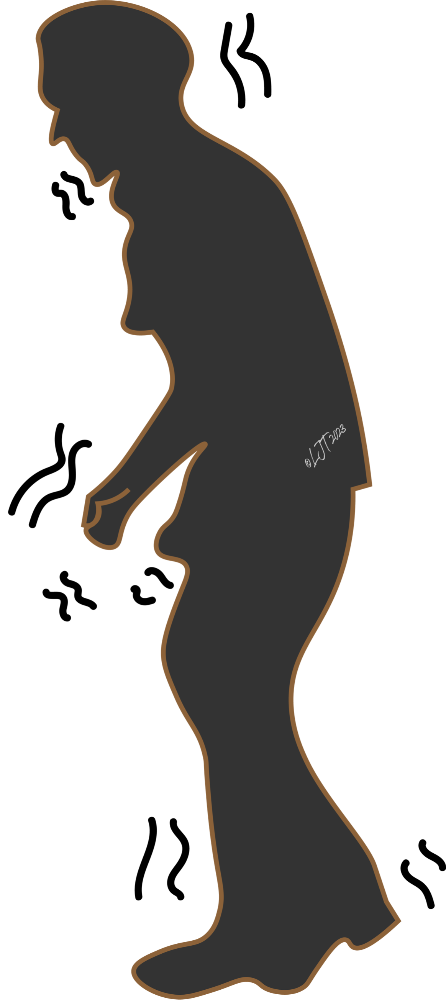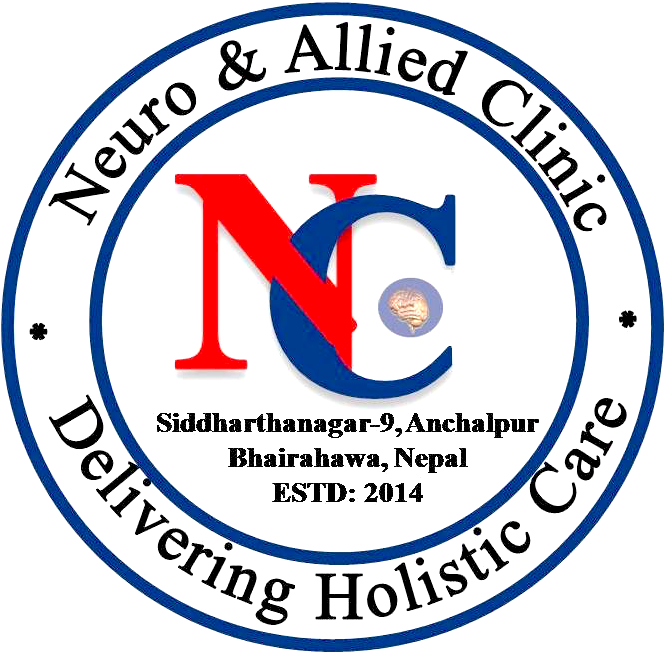Parkinson's disease: What is it?
- neuroclinician
- Mar 7, 2023
- 2 min read
Whether you're someone who has been diagnosed with Parkinson's disease or simply looking to learn more about this complex condition, this article has something for you.
We will dive into the latest research and treatment options, as well as share personal stories and insights from those living with Parkinson's.
By the end of this article, you will have a deeper understanding of Parkinson's disease and how it impacts individuals and their families, as well as gain practical tips for managing the condition. So come along and join us on this journey of discovery and understanding!

What is Parkinson's disease ?
Parkinson's disease (PD) is a progressive neurological disorder that affects movement. It is caused by the degeneration of dopamine-producing neurons in the brain, which leads to a shortage of dopamine, a neurotransmitter that helps control movement.
"In the last 25 years, the worldwide prevalence of PD has increased twofold, with current estimates indicating that there are over 8.5 million people living with PD globally as of 2019." – WHO 2022.

What are the symptoms?
Symptoms of Parkinson's disease typically develop gradually over time and can include:
Tremors
Rigidity (stiffness)
Akinesia or bradykinesia (slowed movements)
Postural imbalance (difficulty with balance and coordination)
Other symptoms may include:
Changes in speech
Difficulty with swallowing, and
Mood changes
How can PD be treated?
While there is no cure for Parkinson's disease, there are a variety of treatments available that can help manage symptoms and improve quality of life.
Medications:
Levodopa
Dopamine agonists (Pramipexole, Ropirinole)
MAO-B inhibitors (Rasagiline, Selegiline)
Amantadine
Physical therapy, exercise, and speech therapy can also be helpful in managing symptoms

Deep brain stimulation (DBS) surgery:
DBS implants electrodes in the brain to regulate abnormal neural activity that causes movement symptoms in Parkinson's and other disorders. It's effective for those who don't respond to medication and can treat conditions like essential tremor and dystonia. However, DBS is complex and carries risks like infection, bleeding, and adverse effects on cognition and mood. Patients should carefully consider the procedure's benefits and risks with their healthcare team.
Focused ultrasound ablation:
A recent study found that using ultrasound to treat Parkinson's disease by ablating a part of the brain called the pallidum resulted in improved motor function and less shaking for patients over a three month period. However, there were some side effects associated with the procedure. To better understand how effective and safe this treatment is, larger and longer studies are needed. (NEJM 2023; 388:683-693)
Other treatments:
In addition to traditional treatments, there are also a variety of alternative therapies that some people with Parkinson's disease have found to be helpful.
These may include acupuncture, massage, and tai chi. However, it's important to note that there is limited scientific evidence to support the effectiveness of these treatments, and they should be used in conjunction with traditional treatments rather than as a replacement.
Disclaimer: The information provided on this blog is only for educational purposes and is not a replacement for professional medical advice. It is important to consult with a qualified healthcare provider if you have any questions or concerns about a medical condition. The author of this blog is not responsible for any consequences that may result from using the information provided. If you have any neurological symptoms or conditions, it is essential to see a qualified neurologist for the appropriate diagnosis and treatment.
Want a consultation or refer someone?
Which intervention should be tried first to treat insomnia?
Non-pharmacological
Pharmacological
I am not sure


My husband was diagnosed of Parkinsons disease 2 years ago, when he was 49. He had a stooped posture, tremors, right arm does not move and also a pulsating feeling in his body. He was placed on Senemet for 8 months and then Sifrol was introduced and replaced the Senemet, during this time span he was also diagnosed with dementia. He started having hallucinations, lost touch with reality. Suspecting it was the medication I took him off the Siferol (with the doctor’s knowledge) and started him on PD-5 natural herbal formula we ordered from AKNNI HERBAL CENTRE, his symptoms totally declined over a 3 weeks use of the AKANNI HERBAL Parkinsons disease natural herbal formula. He is now almost 51…